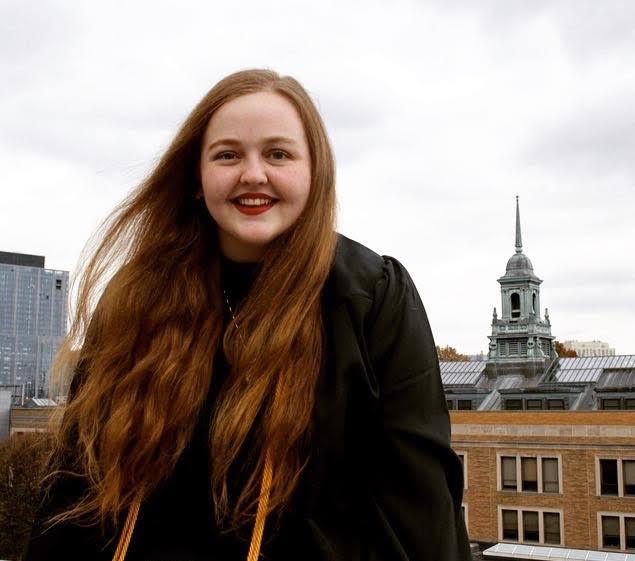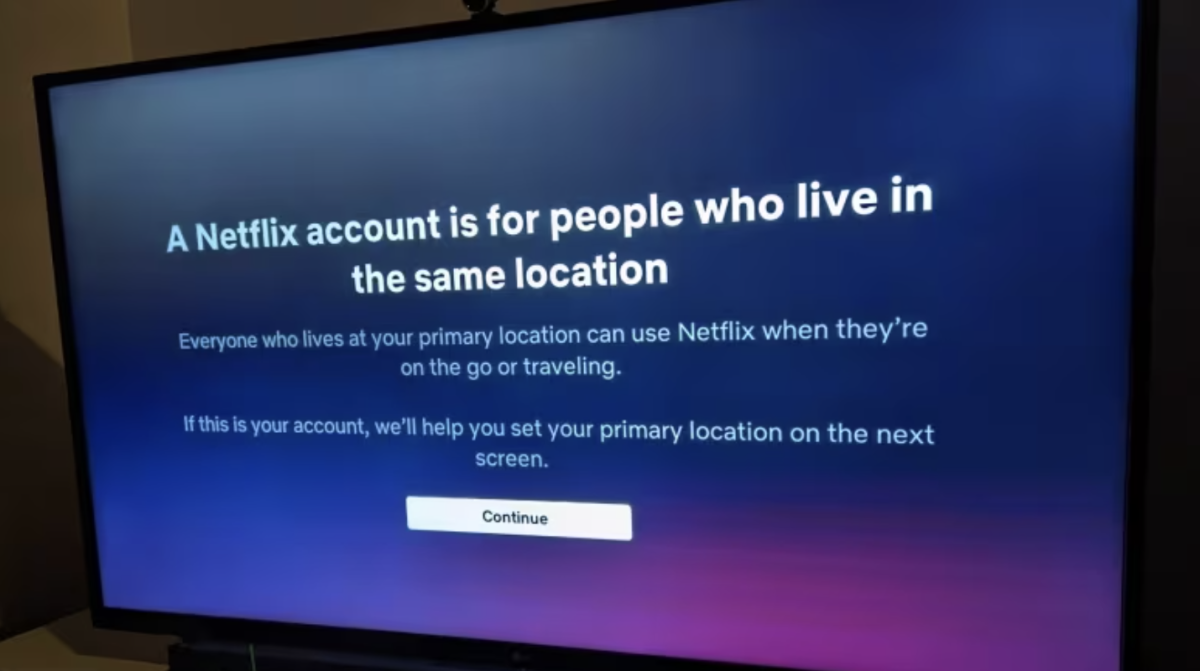By Ilana Pavlotsky
Contributing Writer
Growing up in a family with two parents who were able to completely provide for my siblings and me, I found myself never having to learn about housing costs and plans in the city of Boston. This all changed my senior year of high school when I found myself constantly reverting back to a calculator to see how much money I wouldn’t have left after paying off all of my school payments.
As a student in college, I have to pay for my tuition, as well as books and other day-to-day necessities. Simmons College only guarantees housing for first-year students, which forced me to do some research to try and plan the most affordable and logical way to live near my school. What I found through my research was that Boston really had no good option for someone in my position.
Boston as it stands today could be seen as unfit for those living on a tight budget, because there are residents who cannot afford housing due to the cost of living compared to their annual net income.
However, with the help of the city in administering more programs to support its citizens, as well as providing more affordable housing, a drastic change would be seen in the problem at hand.
The Great Recession affected many cities across the nation, including Boston; according to Bluestone et al., “With rental vacancy rates generally remaining below the 5.5 percent range, rents have steadily marched upward in Greater Boston.”
The asking price for rent has increased annually, at an average of about $50 per month between 2000 and 2014.
Although this figure does not seem to be such a great increase, it can have a great effect on families as well as on students like me, who do not have a sufficient amount of income to withstand the annual rent increase. By the end of 2014, the average asking rent in the greater Boston area was around $1,900.
Considering that my tuition to school is $36,000 annually, and I have no steady monthly income due to the amount of time I need to spend on studies, there is no possible way that I can afford to live in Boston, forcing me to live on the outskirts of the city in the suburbs and rely on public transportation to commute to and from school, which is another problem in and of itself.
For families who earn minimum wage, their monthly income is approximately $2,500. This means that after paying their monthly rent, families will be left with $600 to pay for any other monthly necessities, which can include child care, food supply, and transportation. To consider that a gallon of milk can cost anywhere between $3-$4, leaving a family to survive off of $600 per month is virtually impossible.
Some might say that Boston is trying to improve, and become more affordable. After analyzing data reports, it is obvious that the improvements are not even close to aiding those who really need the help. In early November of 2015, the Boston Globe stated that there is a high demand for new apartment and studio complexes in the Jamaica Plain area, where one of three new buildings was built.
In the course of a week, 30 percent of apartment leases were signed. This shows that there is a demand and somewhat of a supply for citizens, but the real question is, who can afford them? With the cheapest studio rental prince starting at $2,600, families earning minimum wage and students like me are back where they started with the search to find affordable housing, because these “cheap” prices are even more expensive than the average prices for rent in 2014 around the greater Boston area.
In light of these rising prices, more and more families are becoming homeless. Between 2012 and 2013, Boston had a 6 percent increase in homelessness, which can be directly correlated with the constant increase of living costs in the city.
As it stands right now, Boston is not a welcoming city for citizens who cannot afford to pay the high prices. Unless these housing units become more subsidized, or affordable for residents, the rate of homelessness will increase even more, and students will be forced to leave due to the fact that they cannot afford living arrangements.
Knowing that I am only guaranteed housing for my first year of school, I am worried about how I will be able to afford living in the city while still paying all my school fees, all while not having a steady income. With that, it is clear to see why Boston needs to change immediately; otherwise, Boston will see a drastic decrease in students in its notorious colleges and universities, as well as an even greater increase in homelessness.






















lmagin8 • Dec 9, 2015 at 5:10 pm
You can stay on campus all four years as long as you fill out your housing application on time. Not that it doesn’t change the issue of high rent in Boston, but it changes the article quite a bit.